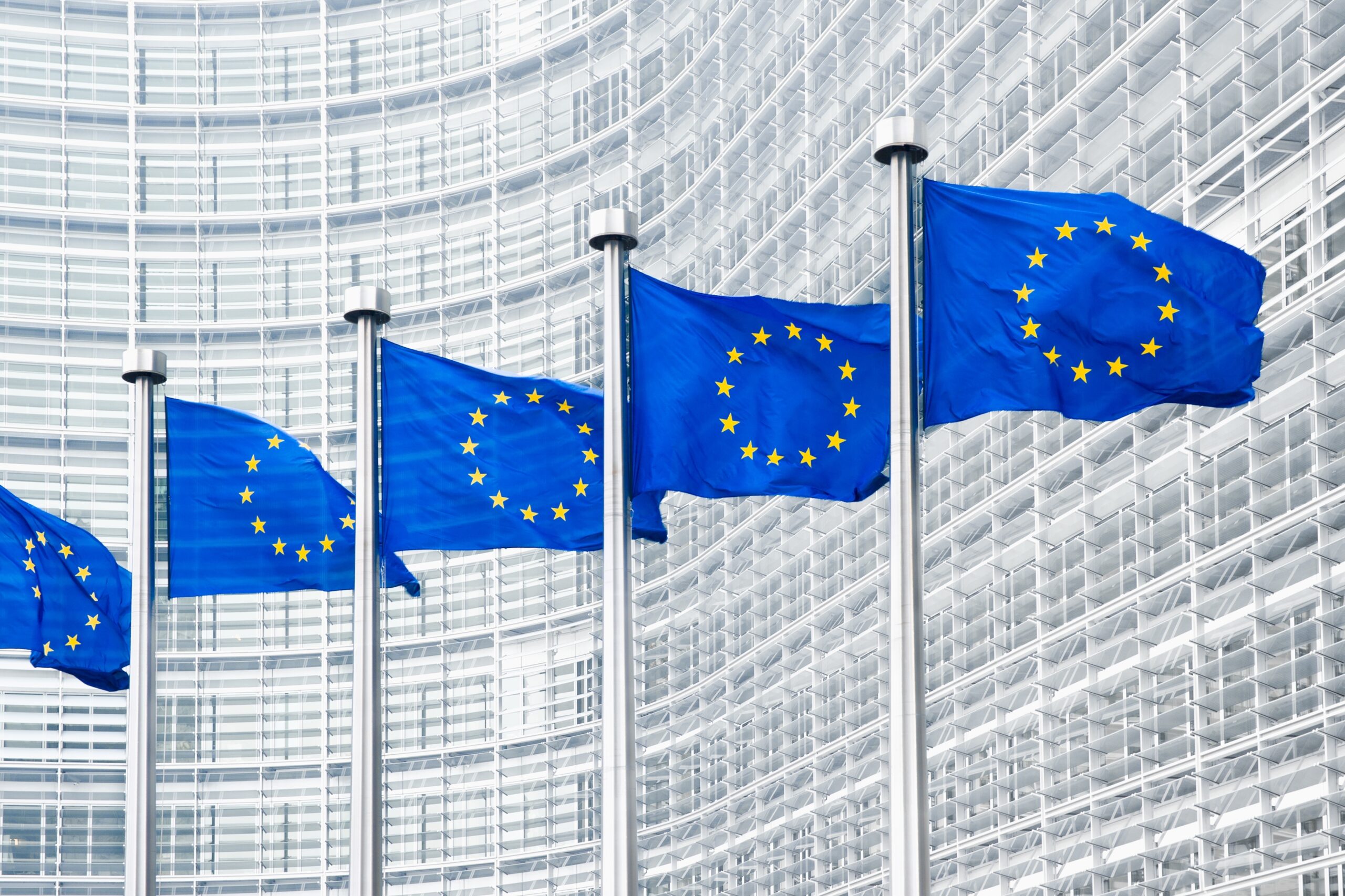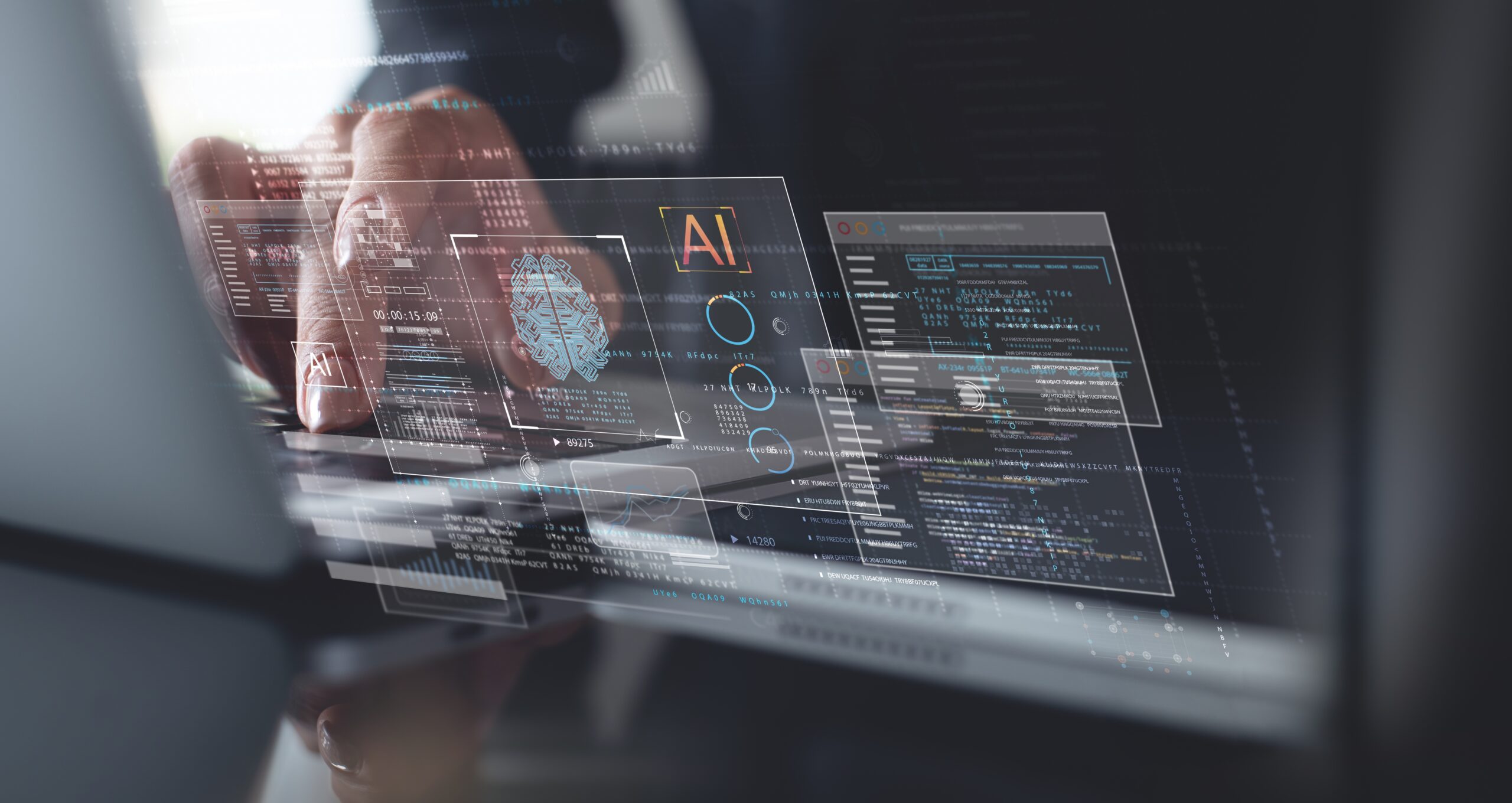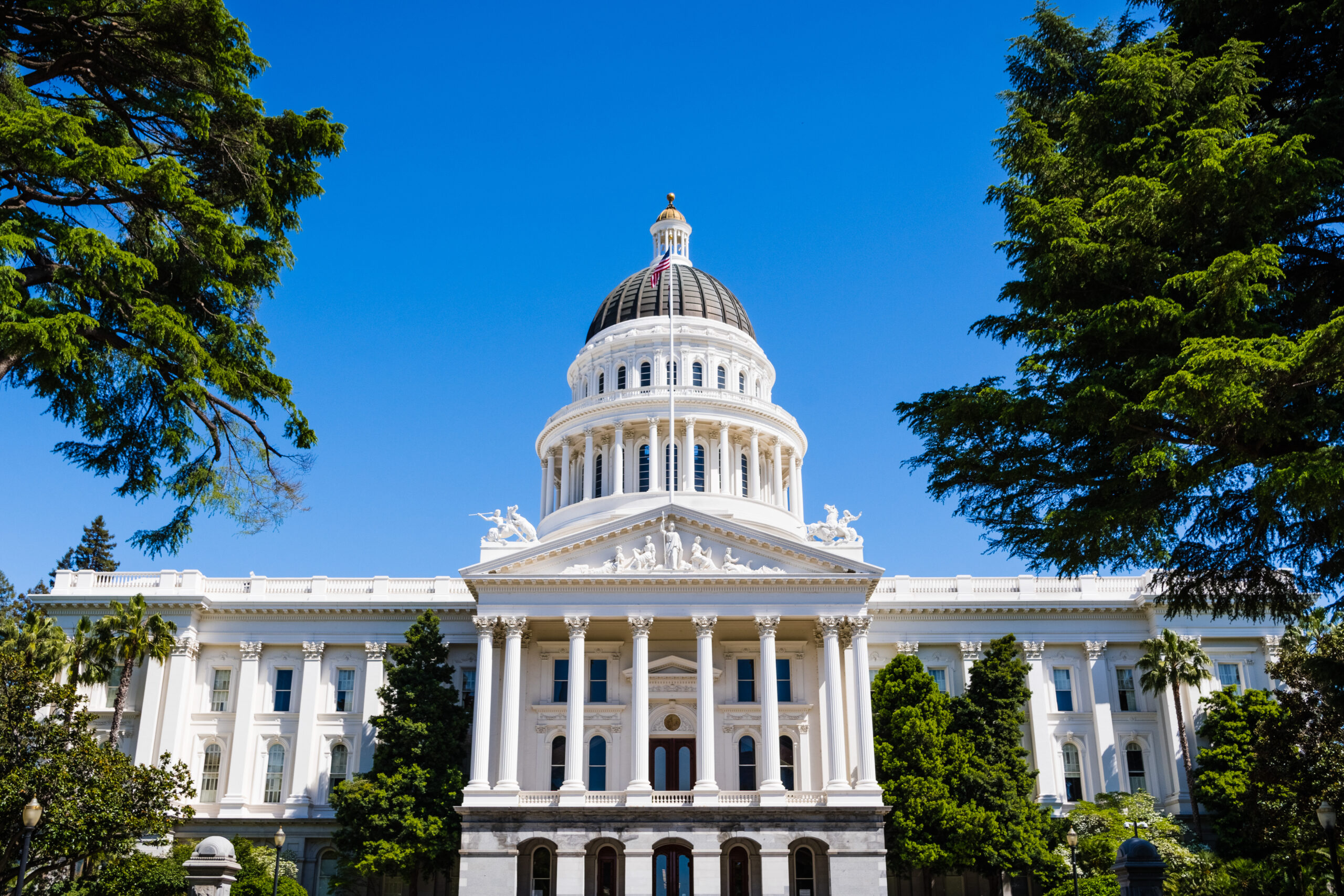
FPF Training Program 2024 – FAQs
fpf training program faqs The Future of Privacy Forum (FPF) brings the public training sessions on a variety of topics in AdTech, AI & Machine Learning, Data Privacy, and more – all led by industry experts. Please view our most commonly-asked questions so you are prepared and know the details and policies of our program […]

Processing of Personal Data for AI Training in Brazil: Takeaways from ANPD’s Preliminary Decisions in the Meta Case
Data Protection Authorities (DPAs) across the globe are currently wrestling with fundamental questions raised by the emergence of generative AI and its compatibility with data protection laws. A key issue is under which legal basis companies might be able to process personal data for training AI models. Another one is how the rights of individuals […]

FPF Analysis of New Requirements for Generative AI Use by Healthcare Entities in Patient Communications
Co-Authored by Judy Wang, FPF Communications Intern On September 28, Governor Gavin Newsom signed California AB 3030, among a host of AI bills. CA AB 3030 amended the California Health & Safety Code and requires specified healthcare entities to disclose the use of generative artificial intelligence (AI) in provider-patient communications through visual or verbal disclaimers […]

Does the GDPR Need Fixing? The European Commission Weighs In
The European Commission published its second Report on the General Data Protection Regulation (GDPR) on July 25, 2024, assessing the progress of its impact and effectiveness of application since the Commission’s first Report published in June 2020. The second Report acknowledges relative success of the GDPR in protecting individuals and supporting businesses, while also highlighting […]

Privacy Roundup from Summer Developer Conference Season 2024
Ahh, summer. A time for hot dogs, swimming pools, and software developer conferences. For third-party application developers to deliver new tools with the best features for the lucrative fall quarter, they must have access to all the APIs and tools by the summer before. This has meant that early summer has become known as a […]

Looking Toward the Future: Building a Safe, Secure, and Private Internet for Everyone
Join us for another event in a series on privacy, security, and online safety for young people in Australia. Looking Toward the Future: Building a Safe, Secure, and Private Internet for Everyone, takes place on Wednesday, September 4, 9 am – 11 am Australian Eastern Time. In our increasingly digital world, the boundaries of our […]

FPF Highlights Intersection of AI, Privacy, and Civil Rights in Response to California’s Proposed Employment Regulations
On July 18, the Future of Privacy Forum submitted comments to the California Civil Rights Council (Council) in response to their proposed modifications to the state Fair Employment and Housing Act (FEHA) regarding automated-decision systems (ADS). As one of the first state agencies in the U.S. to advance modernized employment regulations to account for automated-decision […]

Contextualizing the Kids Online Safety and Privacy Act: A Deep Dive into the Federal Kids Bill
Co-authored by Nick Alereza, FPF Policy Intern and student Boston University School of Law. With contributions from Jordan Francis. On July 30, 2024, the U.S. Senate passed the Kids Online Safety and Privacy Act (KOSPA) by a vote of 91-3. KOSPA is a legislative package that includes two bills that gained significant traction in the […]

EU AI Act
EU AI ACT DECEMBER 12, 2024 @ 10:00 AM – 12:00 PM EST/16:0 – 18.0H (4:00 – 6:00 PM) CET FPF is pleased to offer our evergreen topic this fall, EU AI ACT In 2024, the European Union succeeded in adopting the first comprehensive legislation on artificial intelligence on a global scale, also known as […]

Biometrics: From Head to Toe
Biometrics: From head to toe DECEMBER 3, 2024 @ 1:00 – 3:00 PM FPF is pleased to offer our evergreen topic this fall, Biometrics: From Head to Toe. Biometric technologies measure physical characteristics and apply statistical analysis to identify an individual, verify identity, or make related inferences. Biometrics are often used to unlock smartphones, access bank […]
